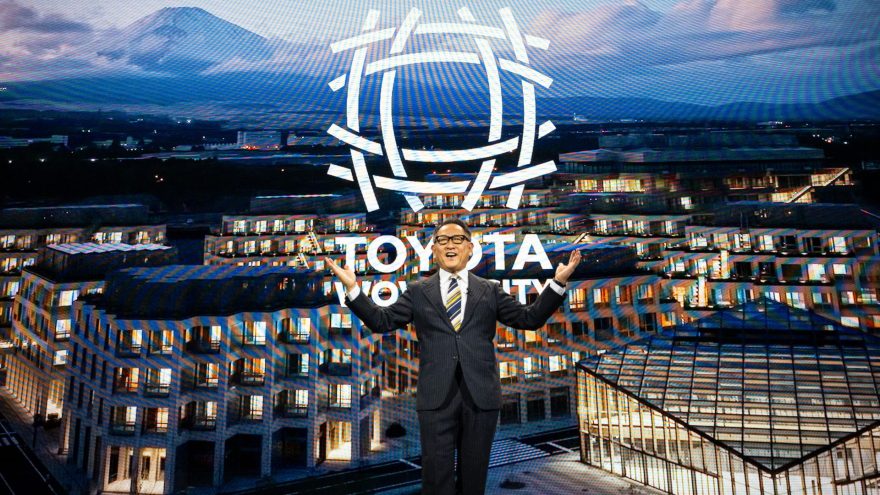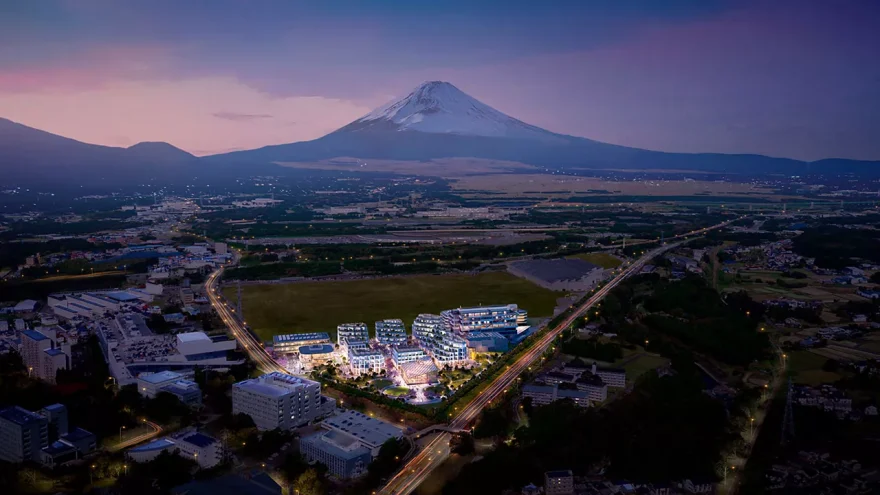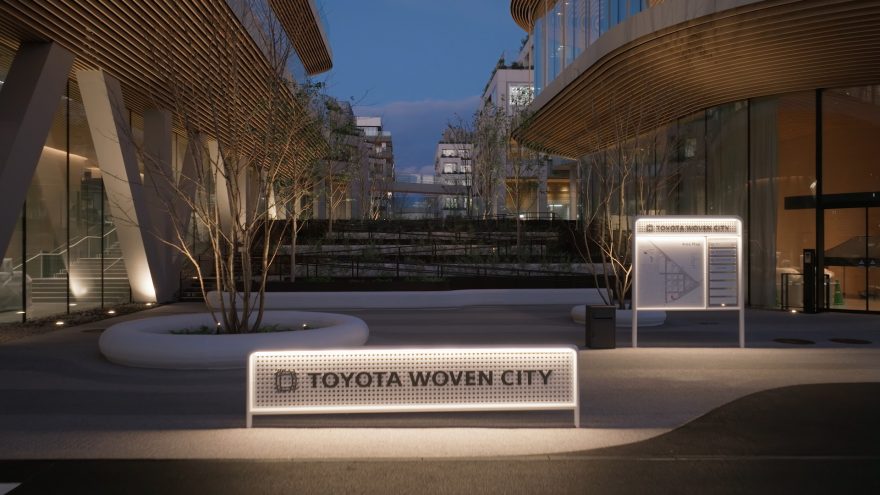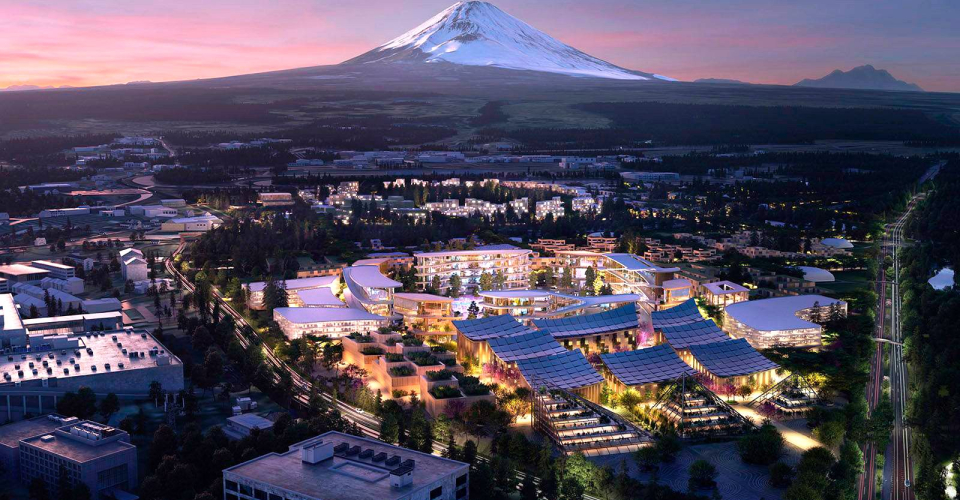Toyota inaugurates Woven City, a “living laboratory” where robotics, AI and clean energy come together to design the future.
Toyota has completed the first phase of Woven City, an experimental city located at the base of Mount Fuji in Japan, which is set to open this fall. Covering 70 hectares and designed as an ecosystem powered by hydrogen and solar energy, it will be home to 360 people at its initial launch. Researchers, companies and entrepreneurs will develop robotics, artificial intelligence and autonomous mobility technologies. This ambitious project marks a milestone in the creation of sustainable and technological cities.
A living laboratory in Japan
Woven City, Toyota’s experimental city, It is designed as a space to test and develop cutting-edge technologies. With an investment of 10.130 billion dollars, this “city of the future” combines clean energy, advanced infrastructure and a focus on sustainability. The entire ecosystem is powered by hydrogen and solar energy, guaranteeing zero emissions.
The city, which spans 70 hectares beneath Mount Fuji, includes buildings constructed from wood to minimise the carbon footprint. The streets are designed on three levels: one for fast vehicles, another for personal mobility and pedestrians, and one exclusively for pedestrians. This design will allow testing the adaptation of autonomous vehicles to real urban environments.


Innovation in smart homes
Homes in Woven City are not only sustainable, but equipped with artificial intelligence to improve quality of life. They incorporate systems capable of monitoring the health of residents, integrating robotics to perform domestic tasks and personalized assistance. These smart homes also generate energy through solar panels, reinforcing Toyota’s vision of a completely self-sufficient environment.
In addition, the city is designed to be an inclusive space for startups, universities and research institutions. A program starting this summer will allow entrepreneurs from around the world to work in the city, fostering global collaboration. With more than 6.000 applications received, Toyota plans to carefully select the companies that will join the project.
Mobility of the future
In Woven City, Emission-free autonomous vehicles are at the heart of mobility. The city will use the eVTOL, an electric air taxi developed in collaboration with Joby Aviation, which will be available from 2025. These advances aim to reduce traffic accidents and make transportation a safer and more efficient experience.


Residents will have access to mobility systems designed to facilitate daily life in a controlled urban environment. The combination of land and air mobility offers a complete vision of what the cities of the future will be like. This positions Woven City as a benchmark in the development of autonomous transport technologies.
Technology at the service of people
Toyota has confirmed that Woven City It does not seek to generate economic benefits, but to develop technologies that improve the world. From robotics to artificial intelligence, the project aims to solve global challenges such as road safety, energy sustainability and quality of life.
The city’s experimental approach will enable advances in multiple areas, including air taxis and space rockets. Companies such as Daikin Industries and Nissin Food Products have already confirmed their participation, using the city as a laboratory to innovate in their respective industries.
A long term vision
Toyota President Akio Toyoda hopes Woven City will be a model for how cities of the future could operate. The goal is for this experimental city to operate as a normal community in five years, where technology improves people’s daily lives.


The location beneath Mount Fuji reinforces Toyota’s commitment to a sustainable and harmonious environment. Woven City is more than an experiment; it is a tangible example of how technology and sustainability can coexist, inspiring a better future for all. With each phase of the project, this city redefines what it means to live in a world driven by innovation.
A global epicenter of innovation
Woven City will not only be a space for technological research, but also a meeting point for international talents. Toyota aims to turn the city into a global hub where scientists, engineers and entrepreneurs work together to solve complex problems. This interdisciplinary approach will foster advances in areas such as medicine, urban design and digital connectivity.
With a controlled environment and advanced technology, the city will allow for testing solutions in real time, accelerating their implementation in other urban environments. This unique ability to integrate large-scale testing into a real-world community positions Woven City as an exportable model for future urban developments around the world. Toyota, together with its partners, is building not just a city, but a platform for imagining what humanity could be like in the 21st century.


AloJapan.com